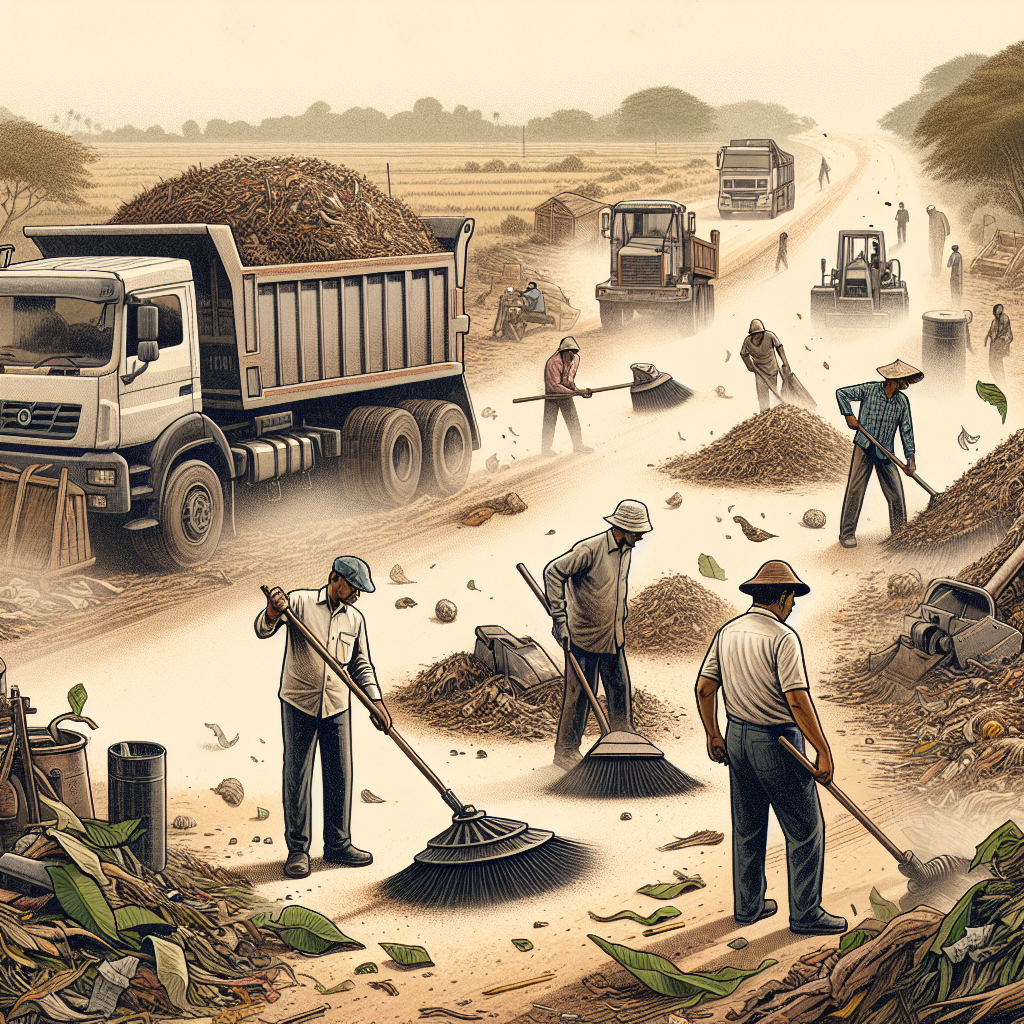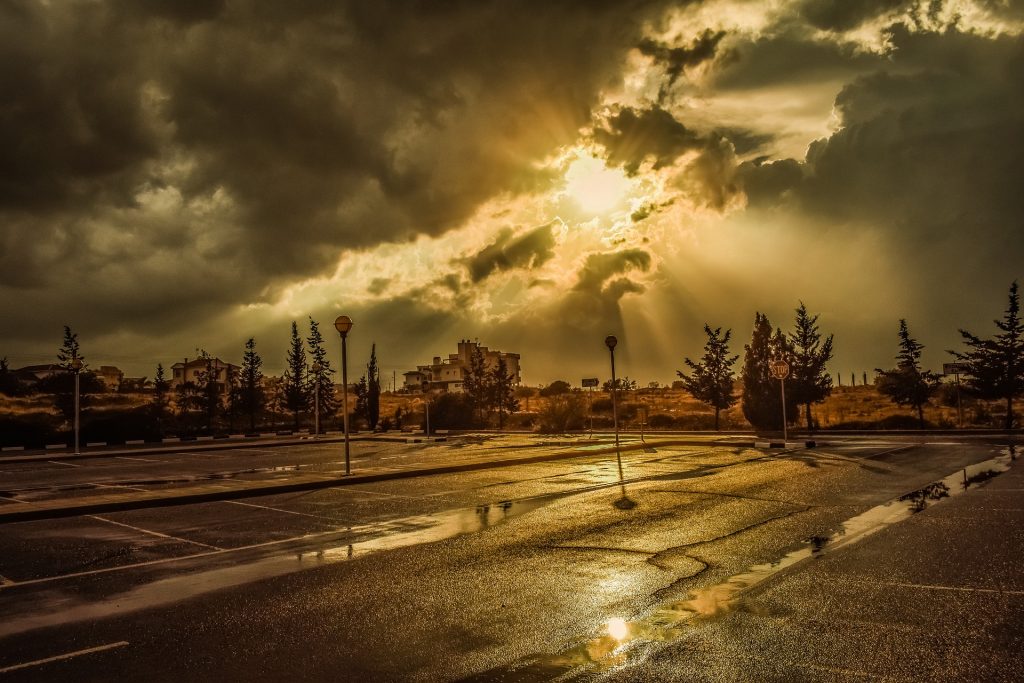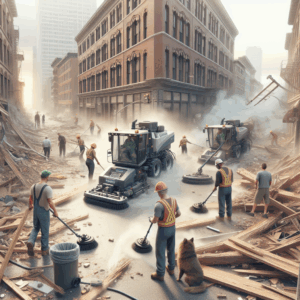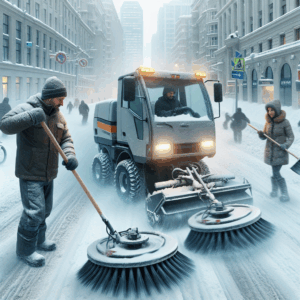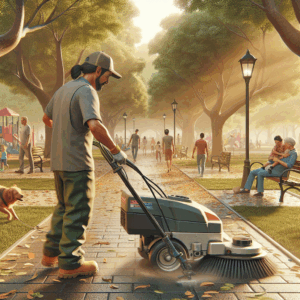The Challenges of Power Sweeping in Rural Areas
When we think about keeping streets clean, big cities often come to mind. But what about rural areas? Power sweeping is a crucial task everywhere, but in the countryside, there are unique challenges. Let's explore what makes power sweeping in rural areas more difficult.
Long Distances
One of the first challenges is distance. Rural areas are spread out, with homes and farms miles apart. Street sweepers have to travel long distances to cover even small communities. This can take a lot of time and use a lot of fuel. More fuel means higher costs, and it can be hard for rural communities to afford expensive cleaning budgets.
Rough Roads
In the countryside, the roads aren’t like the smooth, paved streets you see in cities. Many are gravel or dirt roads and can be uneven with potholes. These rough conditions can be tough on sweeping equipment. Power sweepers might wear out faster, leading to more repairs and maintenance, which also costs money.
Limited Resources
Rural areas often have fewer resources than cities. Smaller populations mean less tax money. As a result, the government may not have enough money to buy and maintain power sweepers. Sometimes, there aren't enough trained workers to operate the machines. These limitations make it hard to keep streets as clean as they should be.
Weather Challenges
Bad weather can make power sweeping even harder. In rural areas, rain can turn dirt roads into muddy messes. Snow in winter can cover roads altogether. Power sweepers can't do their job effectively when the roads are in such poor condition due to weather. Additionally, bad weather can cause delays in the sweeping schedule, leading to dirtier streets.
Environmental Concerns
Rural areas have their own natural beauty, like forests, fields, and rivers, which we want to protect. Power sweeping can stir up dust and spread debris, affecting the local environment. Special care is needed to ensure that sweeping doesn’t harm plants and wildlife. This careful planning can take extra time and effort.
Not As Many Sweepers
In cities, you see sweepers moving around all the time, but rural areas might only have a few. With fewer sweepers, the job takes longer, and it might not be as thorough. The limited number of sweepers makes it hard to reach everywhere that needs cleaning, especially in a timely manner.
Community Engagement
In rural communities, getting people involved can also be challenging. Residents might not see street cleaning as a priority, or they may be unfamiliar with the benefits. Educating people about the importance of clean roads and how power sweeping helps can be a big task. If a community doesn’t understand or support the effort, it can be hard to make progress.
Conclusion
Power sweeping is important for keeping roads safe and communities healthy. However, in rural areas, it comes with unique challenges. Long distances, rough roads, and limited resources are just a few of the difficulties faced. Add in tough weather, environmental concerns, a lack of sweepers, and the need for community support, and the task becomes even harder.
Rural areas need creative solutions to overcome these obstacles. Whether it's more funding, better equipment, or public education, finding ways to address these challenges will help keep rural areas clean and beautiful. It's important for everyone to work together so that all communities can enjoy clean roads and healthy environments.

